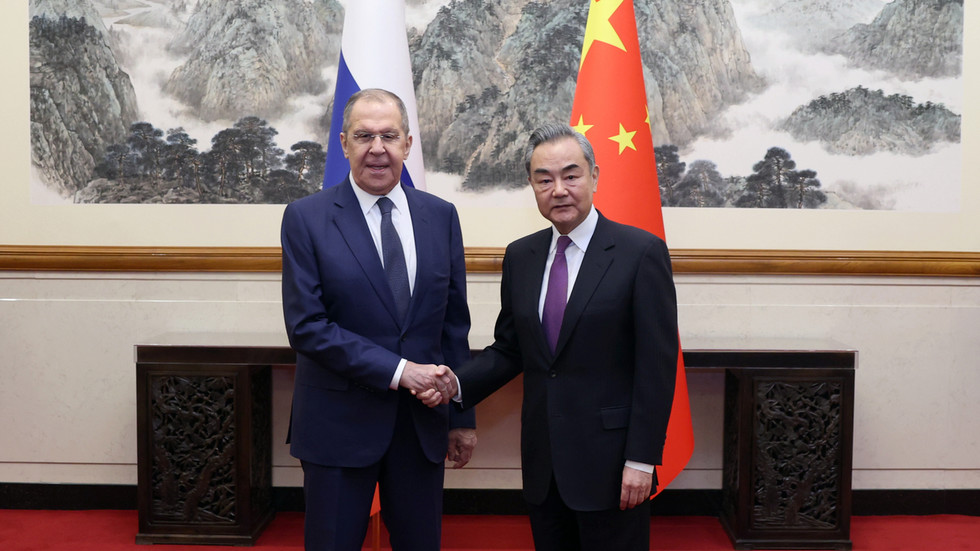On the occasion of the 75th anniversary of diplomatic relations between Russia and China, Beijing’s Foreign Minister Wang Yi declared that the relationship between the two nations has reached unprecedented heights. In an article for the People’s Daily, he emphasized that the foundation of their partnership rests on comprehensive strategic coordination and mutually beneficial cooperation. Wang Yi pointed out the significance of both nations sharing a strong stance against international hegemony, unilateral sanctions, and interference in the domestic affairs of sovereign nations. The minister highlighted that their cooperative efforts are essential to support the Global South and bolster the influence of regional groups such as BRICS and the Shanghai Cooperation Organization while maintaining a non-aligned and non-confrontational approach.
Wang Yi stressed that despite the evolving international landscape, the essence of Sino-Russian relations remains unchanged—rooted in mutual respect and equitable treatment. He articulated that their relationship is characterized by a commitment to avoid targeting third countries, suggesting a desire to forge a partnership that does not provoke geopolitical tensions with other nations. This cooperative stance is integral to the strategic vision of both countries as they navigate complex global dynamics, emphasizing collaboration over rivalry.
Regarding trade and economic relations, Wang noted a significant strengthening between the two nations. He pointed to increasing imports of agricultural and food products from Russia to China, alongside a rising popularity of Chinese consumer products like cars and smartphones in the Russian market. This trade expansion demonstrates the effective integration of their economies and signals a trend toward increased interdependence, which bodes well for their shared future. Wang’s emphasis on mutual trade underlies the broader commitment to ensure that economic growth benefits both nations.
In addition to traditional trade relations, Wang highlighted the exploration of new avenues for cooperation, specifically in scientific and technological innovations, automobile manufacturing, cross-border e-commerce, and medical devices. This diversification of collaborative sectors illustrates a proactive approach to build resilience against global economic fluctuations. The increasing interconnections across various fields suggest an evolving relationship that seeks not only to enhance economic capability but also foster joint technological advancements crucial for future growth.
Wang Yi also touted the success of key infrastructure projects like the Power of Siberia gas pipeline and the newly constructed transport links between China and Russia, which include the highway bridge connecting Blagoveshchensk and Heihe, as well as a railway overpass between Heilongjiang and Russia’s Far East. These projects are indicative of a broader commitment to enhance connectivity and foster trade, serving both nations’ strategic interests. The implications of such infrastructure developments extend beyond mere economic exchange; they signify an integrated regional framework designed to elevate both countries on the global stage.
Furthermore, the foreign minister reiterated China’s Belt and Road Initiative’s significance and the establishment of the Eurasian Economic Union, noting these collaborations have already yielded positive outcomes. As both nations work together to shape their regional and global economic landscape, their partnership underlines a collective aim to promote stability and prosperity. The unity expressed by Wang Yi serves as a testament to the evolving trajectory of Russian-Chinese relations, which are poised to remain a critical alliance in addressing contemporary global challenges, highlighting the importance of cooperative frameworks in an increasingly complex geopolitical environment.

